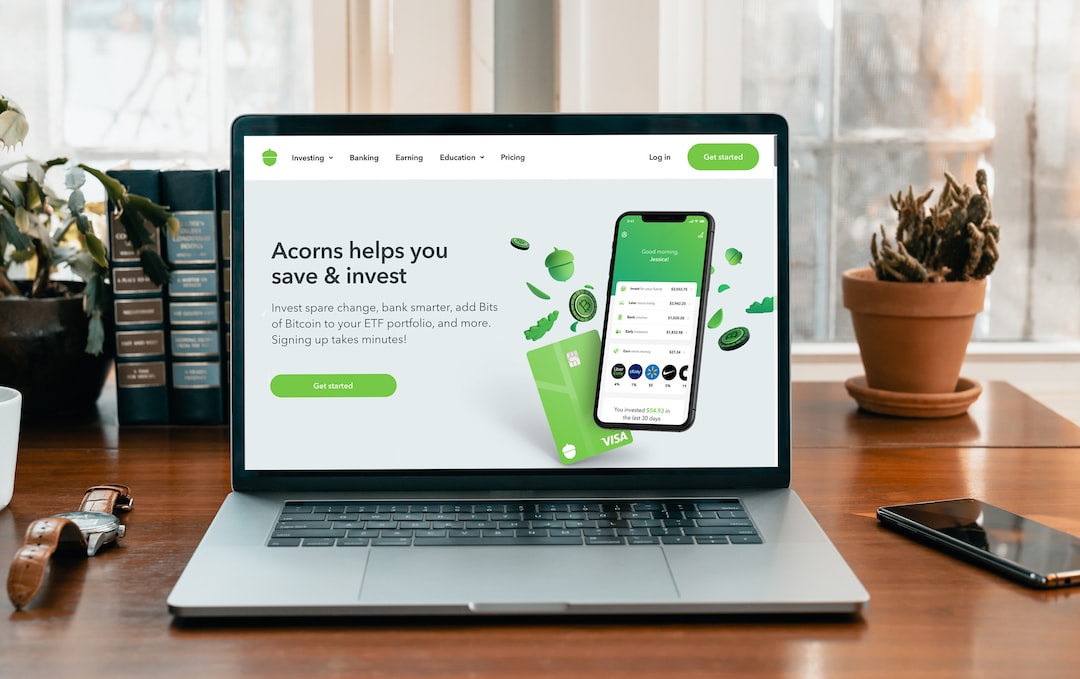Forex brokers are an essential part of the currency trading industry. They act as intermediaries between traders and the currency markets, providing traders with access to the global currency markets and allowing them to buy or sell currencies. Forex brokers make money by charging a spread or a commission for their services.
The spread is the difference between the buy and sell price of a currency pair. This difference is measured in pips, which is the smallest unit of measurement in the forex market. For example, if the bid price for the EUR/USD currency pair is 1.2000 and the ask price is 1.2005, the spread is 5 pips. The spread represents the cost of trading with a forex broker.
Forex brokers make money on the spread by adding a markup to the bid and ask prices offered by liquidity providers. Liquidity providers are banks, financial institutions, and other market makers who provide liquidity to the forex market. Forex brokers typically have agreements with several liquidity providers and will use the best available bid and ask prices to create a bid-ask spread for their clients.
The spread charged by forex brokers varies depending on the currency pair being traded, the time of day, market volatility, and other factors. Some brokers offer fixed spreads, while others offer variable spreads that change according to market conditions. Forex brokers may also offer different types of accounts with different spreads, depending on the trading volume or account balance of the trader.
Forex brokers can also make money by offering additional services and products to their clients. For example, some brokers offer educational materials, trading signals, and market analysis to help traders make better trading decisions. Brokers may also offer managed accounts, where a professional trader manages the account on behalf of the client for a fee.
Forex brokers may also make money through commissions. In addition to the spread, some brokers charge a commission for each trade. This commission is typically a fixed amount per lot traded and is charged in addition to the spread. Some brokers may offer lower spreads but charge a higher commission, while others may offer higher spreads but no commission.
Forex brokers may also make money through hedging. Hedging is a strategy used by brokers to mitigate their risk exposure. A broker may hedge its exposure to a particular currency pair by taking an opposite position in the market. For example, if a broker has a large number of clients who are long on the EUR/USD currency pair, the broker may take a short position on the same pair to hedge its exposure.
In conclusion, forex brokers make money on the spread by adding a markup to the bid and ask prices offered by liquidity providers. The spread represents the cost of trading with a forex broker and varies depending on the currency pair being traded and other factors. Forex brokers may also make money through additional services and products, commissions, and hedging. It is important for traders to choose a reputable and transparent broker that offers competitive spreads and reliable services.





